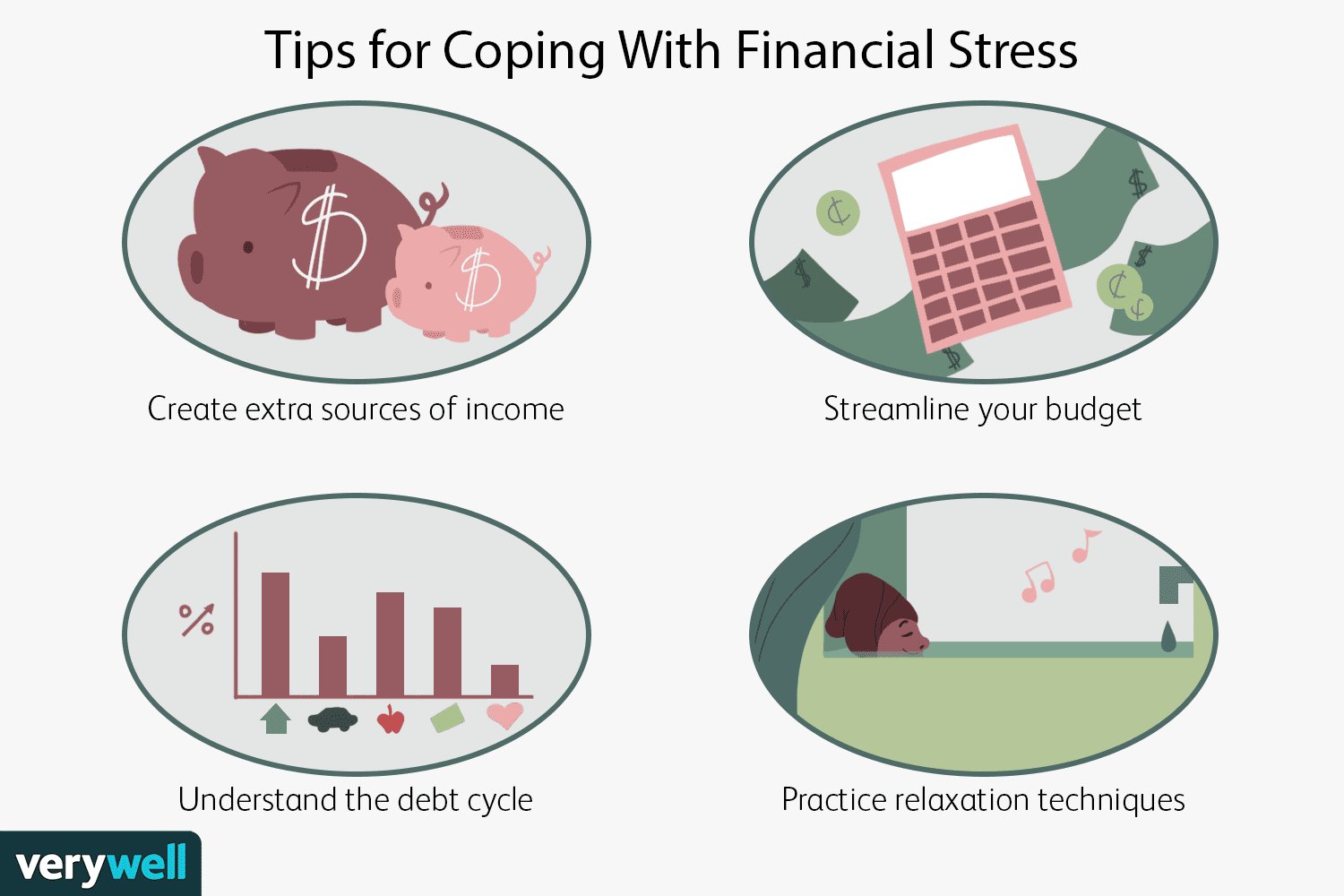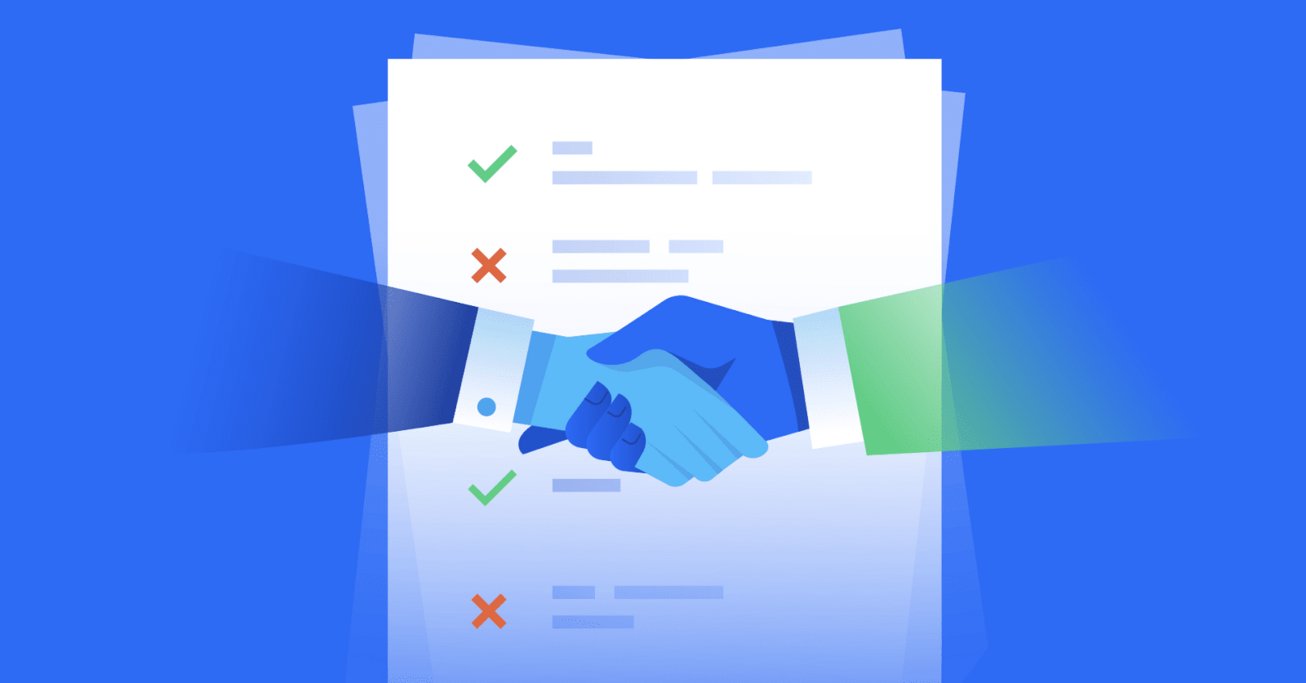Are you tired of constantly feeling anxious about your finances? Well, you’re in luck because in this blog article, we’ll share some valuable tips for dealing with financial anxiety. Managing your money can often lead to stress and worry, but with the right strategies, you can regain control and find peace of mind. We understand the importance of your financial well-being, and that’s why we’ve curated these practical tips to help you navigate through this challenging aspect of life. So, let’s delve into these insightful suggestions for dealing with financial anxiety and start your journey towards financial peace.
Tips for Dealing with Financial Anxiety
Introduction
Financial anxiety is a common issue that many people experience. The stress and worry that come with financial difficulties can be overwhelming and impact various aspects of our lives. However, there are several strategies and techniques you can employ to better manage and alleviate financial anxiety. In this article, we will explore actionable tips and advice to help you navigate financial challenges with confidence and peace of mind.
1. Understand Your Financial Situation
Before you can effectively deal with financial anxiety, it’s crucial to have a clear understanding of your current financial situation. Take the time to evaluate your income, expenses, debts, and savings. This information will provide you with a comprehensive overview of your financial health and enable you to make informed decisions moving forward. Consider the following steps:
- Create a budget: A budget allows you to track your income and expenses, helping you identify areas where you can cut back or save.
- Analyze your debts: Make a list of all your debts, including credit cards, loans, and any outstanding payments. Prioritize paying off high-interest debts first to reduce financial stress.
- Assess your savings: Take stock of your savings, emergency funds, and retirement accounts. Knowing how much you have saved can provide a sense of security.
2. Develop a Financial Plan
Once you have a clear understanding of your financial situation, it’s time to develop a comprehensive financial plan. This plan will serve as a roadmap to help you achieve your financial goals and alleviate anxiety. Consider the following steps:
- Set realistic goals: Be specific about what you want to achieve financially, whether it’s paying off a debt, saving for a down payment, or building an emergency fund. Set achievable targets to avoid feeling overwhelmed.
- Create a timeline: Break down your goals into smaller, manageable milestones. By setting a timeline, you can track your progress and celebrate your achievements along the way.
- Seek professional advice: If you’re unsure about creating a financial plan, consider consulting a financial advisor. They can provide expert guidance tailored to your unique circumstances.
3. Build an Emergency Fund
One of the primary sources of financial anxiety is the fear of unexpected expenses or emergencies. Building an emergency fund can provide a safety net and alleviate worries about sudden financial burdens. Follow these steps to establish an emergency fund:
- Set a savings target: Aim to save at least three to six months’ worth of living expenses. This fund will help you cover unexpected costs without resorting to credit cards or loans.
- Automate your savings: Set up automatic transfers from your checking account to a separate savings account dedicated to your emergency fund. This way, you’ll consistently save without having to think about it.
- Reduce unnecessary expenses: Cut back on non-essential spending to free up more money for your emergency fund. Consider reviewing your budget and identifying areas where you can make savings.
4. Practice Mindfulness and Stress Management
Financial anxiety often leads to increased stress levels. It’s essential to prioritize self-care and practice stress management techniques to maintain your overall well-being. Here are some strategies to help you manage stress:
- Practice mindfulness: Engage in activities that promote mindfulness, such as meditation, deep breathing exercises, or yoga. These practices can help you stay present and reduce anxiety.
- Exercise regularly: Physical activity releases endorphins, which are natural mood-boosting hormones. Incorporate regular exercise into your routine to reduce stress and improve your mental and physical well-being.
- Seek support: Talk to friends, family, or a therapist about your financial concerns. Sharing your worries can provide emotional relief and help you gain perspective.
5. Educate Yourself about Personal Finance
Knowledge is power, particularly when it comes to personal finance. Educating yourself about money management and financial literacy can increase your confidence and reduce anxiety. Consider the following steps:
- Read personal finance books: There are numerous books available that cover various aspects of personal finance, including budgeting, investing, and debt management. Look for reputable sources and start expanding your financial knowledge.
- Follow financial experts and blogs: Stay up-to-date with the latest financial trends and advice by following reputable financial experts and blogs. They often provide valuable insights and tips to help you navigate your financial journey.
- Take online courses: Many platforms offer free or affordable online courses on personal finance. These courses can enhance your financial literacy and equip you with the skills to make informed financial decisions.
6. Focus on the Present and Take Action
Constantly worrying about the future and financial uncertainties can exacerbate anxiety. Instead, try to focus on the present and take proactive steps to improve your financial situation. Consider the following actions:
- Identify areas for improvement: Review your budget and spending habits to identify areas where you can make positive changes. It could be reducing discretionary spending, negotiating bills, or finding ways to increase your income.
- Take small steps: Break down your financial goals into smaller, manageable actions. Taking small steps consistently will lead to progress over time and help you regain control over your finances.
- Celebrate achievements: Recognize and celebrate the milestones you achieve along the way. Acknowledging your progress will boost your confidence and motivation to continue on your financial journey.
7. Seek Professional Help if Needed
If your financial anxiety becomes overwhelming or starts affecting your daily life, it may be beneficial to seek professional help. Financial therapists or counselors can provide guidance and support tailored to your specific circumstances. They can help you develop coping mechanisms, address deep-rooted beliefs about money, and assist in creating a personal financial plan.
Financial anxiety is a common problem that can impair our overall well-being and quality of life. However, by understanding your financial situation, developing a comprehensive plan, and practicing stress management techniques, you can effectively manage and alleviate financial anxiety. Remember, seeking support and educating yourself about personal finance are essential steps toward financial empowerment. By taking proactive measures, focusing on the present, and celebrating achievements along the way, you can regain control over your finances and enjoy a more secure and peaceful future.
Money Anxiety: Tips from a therapist
Frequently Asked Questions
Frequently Asked Questions (FAQs)
Q: How can I cope with financial anxiety?
A: One effective way to cope with financial anxiety is by creating a budget and sticking to it. This will help you gain control over your finances and reduce the uncertainty that often leads to anxiety.
Q: What are some tips for managing financial stress?
A: Here are a few tips for managing financial stress:
– Prioritize your expenses and focus on essential items first.
– Seek support from friends, family, or a financial advisor.
– Take care of your physical and mental well-being through exercise, meditation, or other stress-relieving activities.
– Educate yourself about personal finance to feel more empowered and confident in managing your money.
Q: How can I reduce financial anxiety during uncertain times?
A: To reduce financial anxiety during uncertain times:
– Stay informed about the current economic situation, but avoid obsessing over news headlines.
– Diversify your income sources if possible to create a safety net.
– Build an emergency fund to provide a buffer in case of unexpected expenses or loss of income.
– Consider seeking professional advice to develop a long-term financial plan.
Q: Are there any relaxation techniques that can help with financial anxiety?
A: Yes, there are several relaxation techniques that can help with financial anxiety:
– Deep breathing exercises: Take slow, deep breaths to help calm your mind and body.
– Progressive muscle relaxation: Tense and relax different muscle groups to release tension.
– Visualization: Imagine yourself in a peaceful, stress-free financial situation.
– Mindfulness meditation: Focus on the present moment and let go of worries about the future.
Q: What are some healthy coping mechanisms for financial anxiety?
A: Healthy coping mechanisms for financial anxiety include:
– Talking about your concerns with a trusted friend or family member.
– Engaging in physical activity to release stress and boost endorphins.
– Engaging in hobbies or activities that bring you joy and distract you from financial worries.
– Seeking professional help, such as counseling or therapy, to address underlying issues related to financial anxiety.
Q: Is it normal to feel anxious about money?
A: Yes, it is normal to feel anxious about money, especially during uncertain times or when facing financial challenges. However, it is important to address and manage this anxiety to prevent it from negatively impacting your overall well-being.
Q: How can I improve my financial situation and reduce anxiety in the long run?
A: Here are some long-term strategies to improve your financial situation and reduce anxiety:
– Create a financial plan and set achievable goals.
– Increase your financial literacy through books, courses, or online resources.
– Seek professional advice from a financial planner or advisor.
– Develop good money management habits, such as saving regularly and avoiding unnecessary debt.
Q: Can financial anxiety affect my physical health?
A: Yes, financial anxiety can have an impact on your physical health. It may contribute to symptoms such as headaches, sleep disturbances, digestive issues, and even weakened immune function. Taking steps to manage your financial anxiety can positively influence your overall well-being.
Final Thoughts
In conclusion, dealing with financial anxiety can be overwhelming, but there are practical tips that can help alleviate the stress. First, it is essential to create a budget and track your expenses. This will provide a clear picture of your financial situation and enable you to make informed decisions. Additionally, finding healthy ways to manage stress, such as exercising regularly or practicing mindfulness, can help reduce anxiety. Seeking support from loved ones or a financial advisor may also provide valuable guidance and reassurance. Remember, managing financial anxiety is a process, so be patient and kind to yourself as you implement these strategies for a more peaceful financial future.



